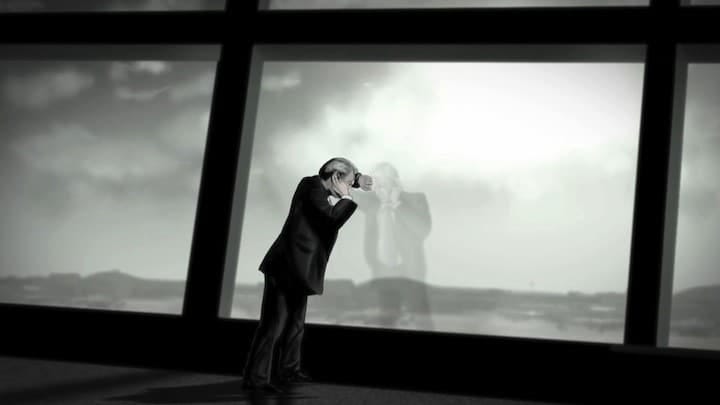The Doc Option: Watch ‘Unraveled’ After You’ve Seen ‘The Wolf of Wall Street’

We wrap up our Oscar editions of the Doc Option column with this double-feature selection. At first thought, the obvious choice for a nonfiction counterpart to The Wolf of Wall Street is Inside Job, the Oscar-winning chronicle of the events that led to the near-ruination of our economy. But while that film does indeed allude to some of the Wall Street d…
Keep reading with a 7-day free trial
Subscribe to Nonfics to keep reading this post and get 7 days of free access to the full post archives.



